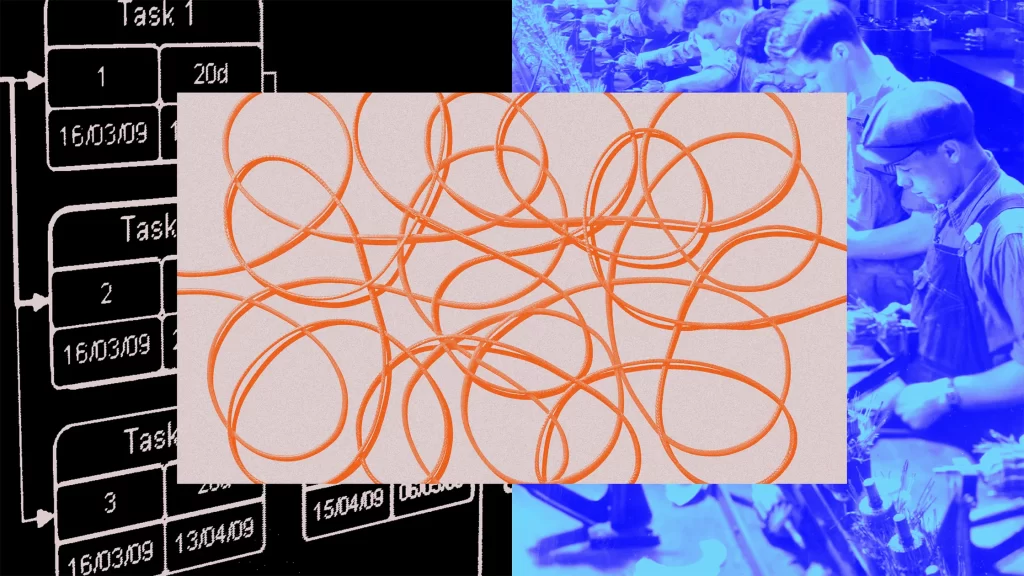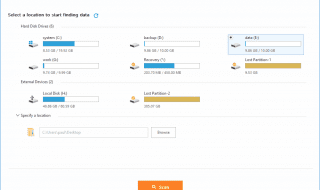
In the dynamic world of software development, ensuring the quality and efficiency of software products is paramount. This is where the role of software testing becomes crucial. However, with the evolution of technology, traditional testing methods are constantly being challenged. The integration of data acquisition technologies into software testing processes presents a novel approach to overcoming these challenges, offering a more automated, accurate, and comprehensive testing solution.
New Horizons in Software Testing

The incorporation of data acquisition technologies opens up new horizons in software testing. It allows testers to simulate real-world scenarios more accurately, track the software’s behavior under different conditions, and understand how changes in the environment affect the software’s performance. This level of detail and insight was once considered unattainable.
For those seeking a deeper understanding of how these technologies can be applied to improve software testing practices, a visit to the following data acquisition page provides insightful details on the benefits and functions of these systems. It emphasizes the importance of scalable, reliable testing across various industries, highlighting the critical role of data acquisition in achieving quality assurance goals.
Adapting to the Change
Adapting to the integration of data acquisition technologies requires a shift in mindset from traditional testing methodologies. Testers must now possess a blend of technical and analytical skills to interpret the data collected, understand its implications on the software being tested, and make informed decisions about improvements or adjustments needed.
Challenges Along the Way
However, the integration of data acquisition technologies is not without its challenges. The primary concern lies in the handling and analysis of the vast amount of data generated. Furthermore, ensuring the privacy and security of this data is paramount, as it often contains sensitive information.
The Essence of Data Acquisition in Software Testing
Data acquisition technologies facilitate the collection of data from various sources, including software applications, systems, and sensors. This data, when integrated into the software testing lifecycle, can significantly enhance the testing strategy by providing real-time feedback, uncovering hidden bugs, and ensuring a product’s performance matches its expected outcomes.
Looking into the Future

As we look into the future, the role of artificial intelligence (AI) and machine learning (ML) in the context of data acquisition for software testing cannot be ignored. These technologies promise to further automate and refine the testing process, making it more efficient and effective. They hold the potential to transform data into actionable insights automatically, further minimizing human error and maximizing productivity.
Enhancing Collaboration Through Technology
The application of data acquisition technologies facilitates a more collaborative environment among software development teams. By having access to real-time data, teams can work together more effectively, sharing insights and making data-driven decisions. This collaborative approach not only speeds up the testing process but also brings developers and testers closer to a common goal – delivering high-quality software products.
Case Studies and Success Stories
- Understanding how a leading software development company reduced its bug detection time by 50% through the integration of real-time data acquisition in their testing process.
- A look at how predictive analytics, derived from data acquisition, prevented a potential system failure during peak usage hours, saving an organization from significant financial and reputational damage.
- Exploring the use of environmental data acquisition in testing software designed for outdoor usage, ensuring its reliability under various weather conditions.
Revolutionizing Agile Methodologies
Agile software development methodologies stand to benefit greatly from the integration of data acquisition technologies. These technologies provide agile teams with the agility to quickly pivot and adapt to changes, backed by accurate and real-time data. This enables a more responsive and flexible development process, where decisions are not just based on assumptions but on hard data gathered from various stages of the development cycle.
Building a Culture of Continuous Improvement

The integration of data acquisition technologies into software testing signals a shift towards a culture of continuous improvement. It encourages teams to constantly seek out ways to enhance the efficiency, reliability, and performance of software products. With data at their fingertips, teams can identify trends, patterns, and areas for improvement, fostering a proactive rather than reactive approach to software quality.
The integration of data acquisition technologies in software testing represents a significant leap toward more intelligent, accurate, and efficient testing processes. While there are challenges to overcome, the benefits far outweigh the hurdles. As software continues to evolve, so too will the methodologies used to test it, ensuring that quality and performance are never compromised.




